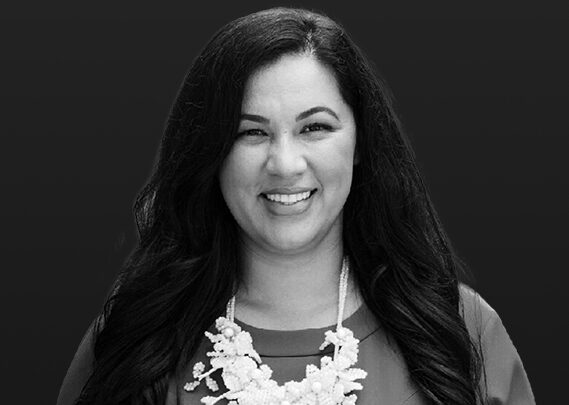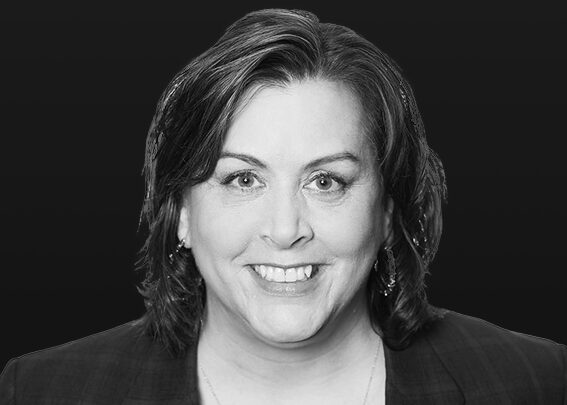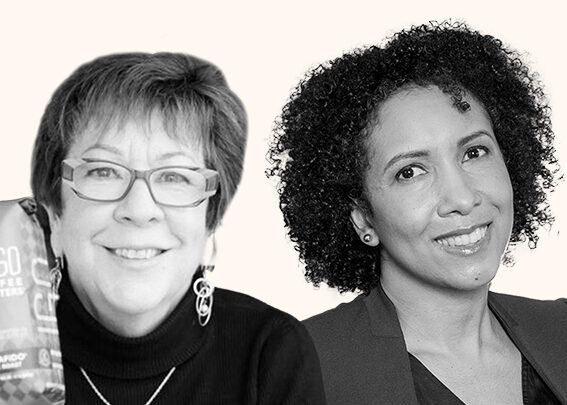Denise Woodard on Raising Venture Capital for her Startup | Tory Burch Foundation
Denise Woodard on Raising Venture Capital for her Startup
This entrepreneur raised $5M for her snack startup, with support from some of the biggest names in entertainment.
39,169 Views
10 Likes
4 min read
Link copied to clipboard
After a successful career in marketing, Denise Woodard sank her teeth into the snack world. When her daughter was diagnosed with severe food allergies as an infant, Woodard was frustrated by the lack of tasty, safe snack options and launched Partake Foods in 2016. The 2020 Tory Burch Fellow became the first Black woman to raise $1 million in seed capital for a food startup and in January 2021, she announced that she’d raised $5 million in Series A funding. We had the entrepreneur back for an ask me anything-style interview on our Instagram to answer our community’s questions about creating the perfect pitch, finding the right funding fit and more.
Q: Congrats on the raise! I’m curious about the numbers. What multiplier did you use for valuation? What was the proposed use of funds? And lastly, what major successes or traction outside of revenue were contributing factors to being able to raise?
A: Our multiple was based on a combination of 2020 revenue and 2021 projected revenue. I would look at comps in your industry to determine what is standard, but also consider any goodwill or other outside factors that would increase or decrease that multiple. We explained to our investors that the funds would be used for hiring, marketing and innovation. They took our strong margin, velocity and growth trajectory into account when making their decision.
Q: How do you know where to find investors, especially venture capital firms led by people of color and/or women?
A: That was definitely a challenge for me, as I was barely familiar with the term venture capital prior to starting Partake. I spent lots of time Googling, I read Venture Deals (highly recommend) and worked to expand my network to include other BIPOC and female founders that had previously raised venture capital. I found warm intros to be much more effective than the cold emails that I was initially sending and by forcing myself to be deliberate about expanding my network, I met more VCs and Founders of VC-backed companies. It was a long, slow process, though!
Q: What are your top three must-do’s in any pitch?
A: 1) Get to know the investor and how they operate: what return they’re looking for and in what timeframe 2) Share what success looks like to you. 3) Be yourself. An investor relationship is like a marriage and you want to ensure you’re comfortable with this group or person for the long haul.
Q: What do you wish you had known about crowdfunding before launching your campaign?
A: For us, crowdfunding was as hard and time consuming as a normal raise. I wish I had had a better understanding of fulfillment costs on the backer rewards, because we barely broke even. (Ed. note: Check out our guide to alternative financing for more on crowdfunding and other types of capital)
Q: How much money did you use to get started before you decided to crowdfund? Also, if an entrepreneur doesn’t have the total funds to start their company, do you think they should wait or choose a less expensive product to get started with?
A: We used $10K from a pitch competition plus $30K in savings to get started, but did pour more money in after the business launched, prior to me being able to raise money.
We chose a less expensive product that we felt great about to launch. Over time, I hope that we launch that “dream” product that I first wanted to launch. If you feel like the less expensive product is something you can be proud of and will allow you to get started, I’m always a fan of starting small!
Q: What was more important to VCs when pitching: your brand framework and roadmap to scale, or your current financials?
A: At the seed stage, the most important things were me and my roadmap to scale. At the Series A stage, VCs were interested in my actual revenue and margin, team and growth plan.
Q: My business is currently preparing to raise an angel round. What are the top things we must prepare when pitching to investors and what are the things investors are looking for?
A: Know your numbers, the market size and opportunity; what success looks like to you and over what time frame; and what makes your product or offering better than your competitors’. You should also know what you’re going to do with the money and how long it will last you.
Help an entrepreneur by upvoting
Timely Topics
INTERACTIVE GUIDE
FUNDING FINDER
Learn what capital options are right for financing your business
Get Started


